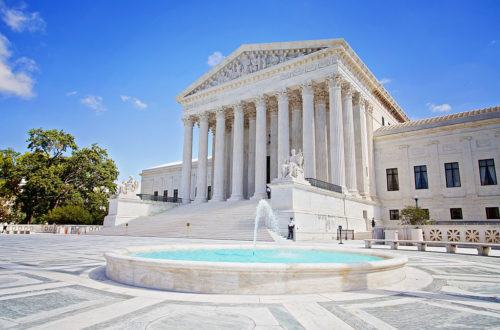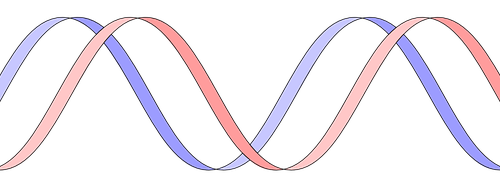China continues to progress towards its major goal of significantly strengthening IP protection within its borders. Last year it announced several proposed amendments to its patent laws. In January 2020 China and the US signed the Economic and Trade Agreement between the Government of China and US (published 16 January 2020 –“Trade Agreement”), which detailed several areas in which China agreed to reform its laws, including in the areas of trade secrets and confidential information, pharmaceutical-related IP, piracy and counterfeiting, and enforcement. Just a few days ago on April 20th, 2020, the Chinese National Intellectual Property Administration (CNIPA) published a long and comprehensive plan (“Plan”) on how to strengthen the…
-
-
Diagnostic Claims in China
The Chinese Patent Law excludes patenting methods of diagnosing or treating a disease. More specifically, this refers to processes of identifying, determining, or eliminating the cause or focus of diseases which are practiced directly on living human or animal bodies. Please keep in mind that instruments used for implementing these methods are still patentable. So what constitutes a diagnostic method that would be excluded from patent protection? It must meet the following two criteria: Living Human or Animal Body This first requirement means that, for example, methods of pathological anatomy that are practiced on cadavers would be patent eligible. As long as the method is not used to obtain information…
-
AI, Big Data, and Blockchain – CNIPA seeks public comment on draft patent examination guidelines
Exciting new changes continue to happen with the Chinese Patent Office (CNIPA). On November 12, 2019, the CNIPA published a new set of amendments to Part II Chapter 9 of the Patent Examination Guidelines (“Draft”) and requested public comment by December 11, 2019. In summary, the new guidelines clarify how emerging technologies involving artificial intelligence, Internet +, big data and blockchain should be examined. More specifically, the Draft provides examination guidelines for inventions comprising certain abstract features such as algorithms, business methods and rules. Examination Criteria Accordingly to the newly amended guidelines in the Draft, when determining patent eligibility, novelty or inventive step (Articles 25, 2, and 22 respectively),…







